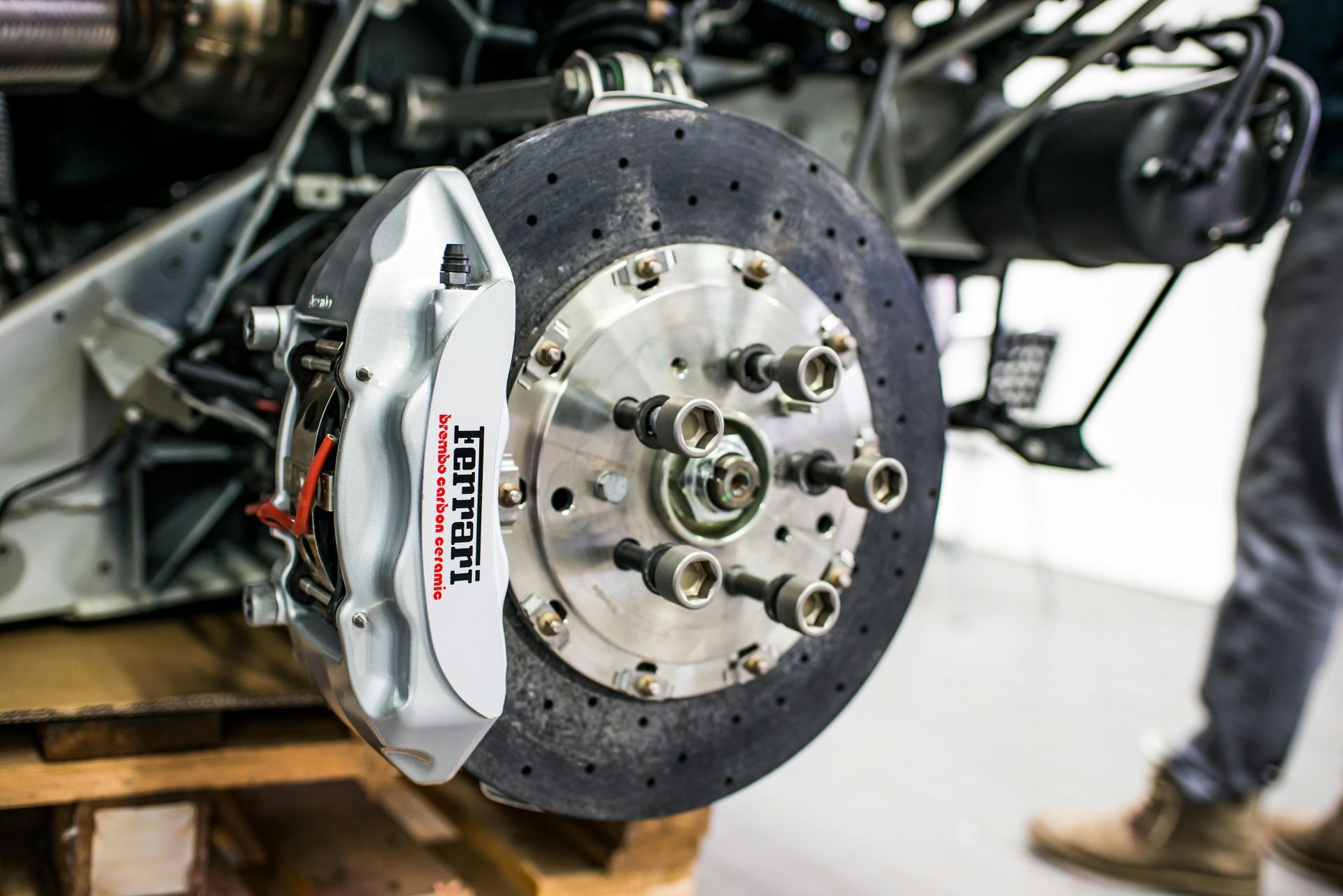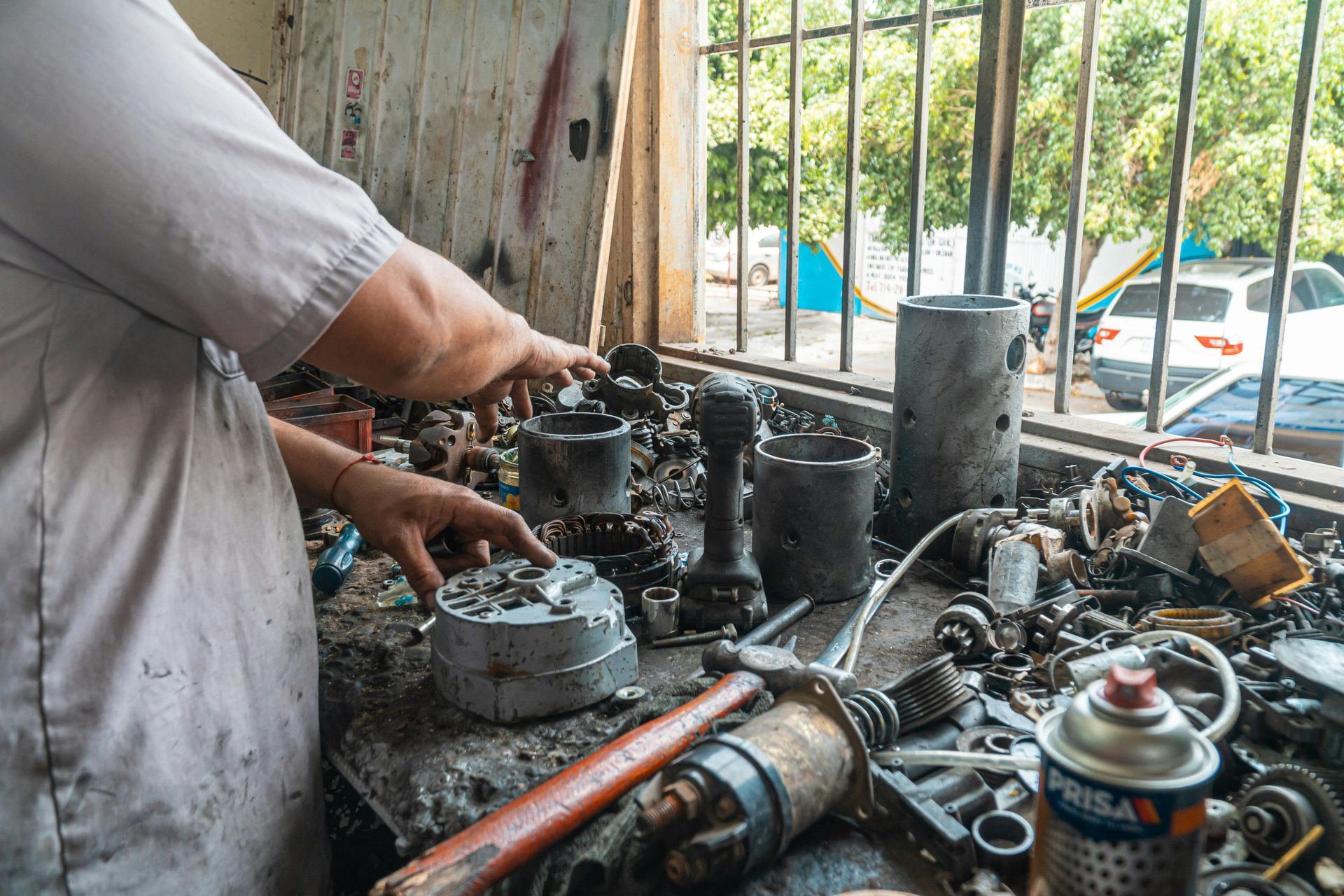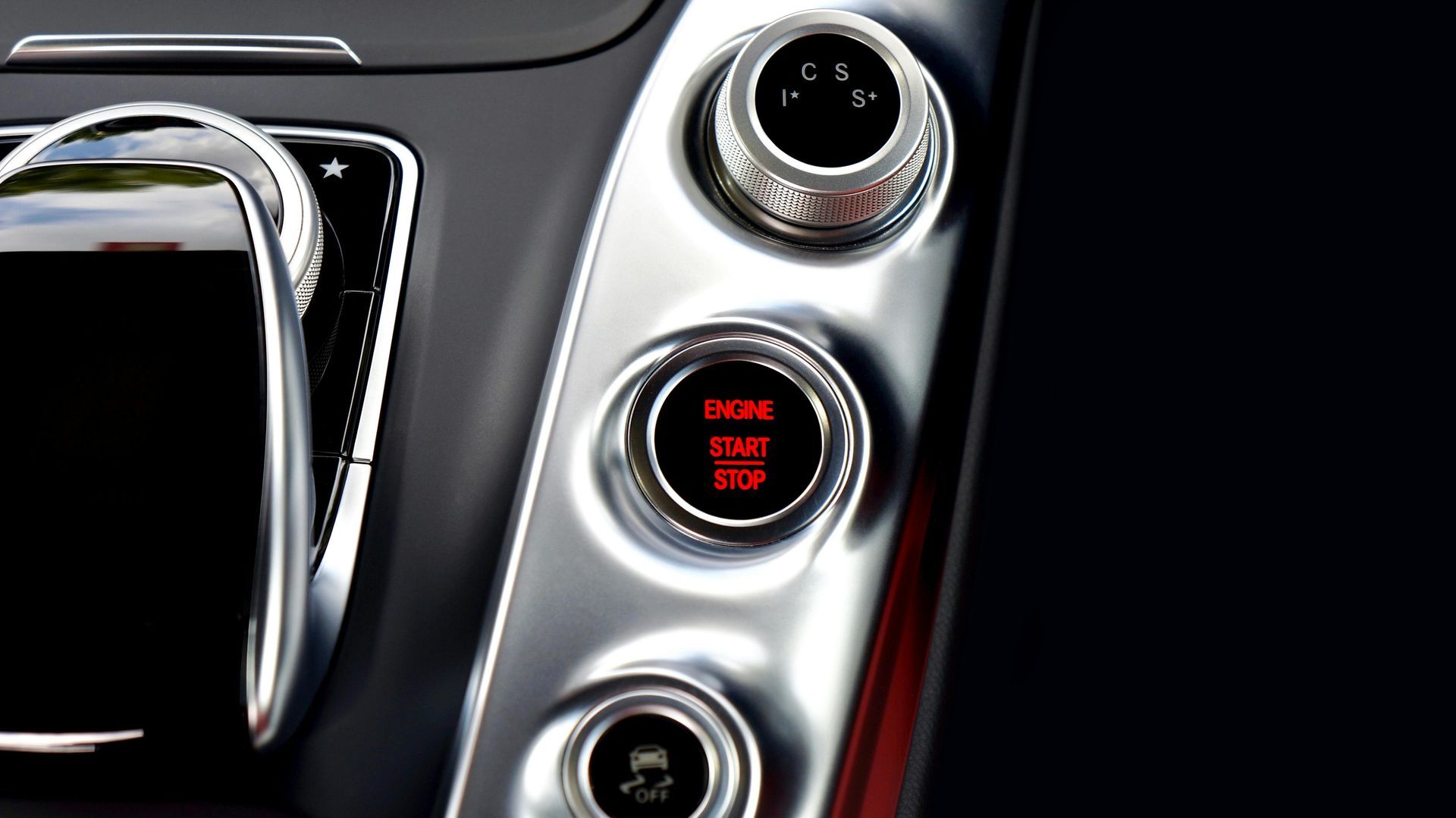How to Properly Maintain Your Car's Brakes for Longevity

Maintaining your car’s brakes is crucial for safety and ensuring they last as long as possible. Brake systems are subject to constant wear and tear, and without proper care, they can deteriorate faster than expected. A well-maintained brake system not only extends its lifespan but also ensures optimal performance, preventing accidents and costly repairs. Follow these essential steps to keep your brakes in top condition and ensure they last longer.
Regular Inspection of Brake Pads and Rotors
Frequent brake inspections are key to spotting wear before it leads to damage.
- Check Brake Pads for Wear: Brake pads naturally wear down over time. Inspect them regularly to ensure they have enough thickness. Thin brake pads can damage your rotors and reduce braking efficiency.
- Examine the Rotors: The rotors are the discs that your brake pads grip to stop the vehicle. Over time, rotors can become warped or develop grooves. Ensure they are smooth and replace them if needed.
- Listen for Unusual Noises: If you hear squealing or grinding when you brake, it’s time to inspect the pads and rotors. These sounds are usually signs of worn-down pads or damaged rotors.
Flush and Refill Brake Fluid Regularly
Brake fluid is vital to the functioning of your brakes, transferring force from the brake pedal to the pads.
- Brake Fluid Level Check: Check your brake fluid levels at least once a month. Low levels may indicate a leak or other brake issues. If you notice a significant drop, have a professional inspect the system.
- Replace Brake Fluid Periodically: Over time, brake fluid absorbs moisture from the air, which reduces its efficiency and can cause corrosion in the brake lines. Most experts recommend changing your brake fluid every 1-2 years or based on the manufacturer’s guidelines.
- Watch for Contaminated Fluid: If the fluid appears dark or dirty, it's time for a replacement. Contaminated fluid can lead to brake failure.
Practice Safe and Smooth Braking
How you drive has a significant impact on the longevity of your brakes.
- Avoid Hard Braking: Slamming on the brakes causes excessive wear on your pads and rotors. Try to anticipate stops and slow down gradually instead of braking hard.
- Use Engine Braking When Possible: In manual or semi-automatic cars, use engine braking (downshifting) to slow down the vehicle, reducing the demand on your brakes.
- Don’t Ride the Brakes: Constantly pressing on the brakes, even lightly, can cause them to wear out faster. Use your brakes only when necessary.
Keep an Eye on the Brake Lines
Brake lines are the lifeline of your brake system, allowing the fluid to flow properly.
- Check for Leaks: Any sign of a brake fluid leak is a serious issue that can lead to brake failure. Inspect the brake lines for moisture, rust, or corrosion regularly.
- Replace Old Brake Lines: Over time, brake lines can become corroded or damaged, especially in areas with harsh winters or where roads are salted. Replace brake lines as needed to avoid costly repairs or safety hazards.
Ensure Your Brake Calipers Are Functioning Properly
The brake calipers play a critical role in pressing the brake pads against the rotors.
- Caliper Inspection: Ensure your calipers are gripping the rotors evenly. If they are sticking, it can cause uneven wear on your pads and rotors.
- Look for Corrosion: In areas with high humidity or heavy salt usage on roads, calipers can corrode over time, leading to sticking or reduced braking efficiency.
Avoid Overloading Your Vehicle
Carrying too much weight in your vehicle puts additional strain on your braking system.
- Stay Within Load Limits: Every vehicle has a recommended weight limit. Overloading your car increases the effort needed to stop, leading to faster brake wear.
- Unnecessary Cargo: Avoid carrying extra items that aren’t needed. Excess weight leads to overheating of the brake system, which can shorten the life of your brake components.
Use High-Quality Brake Components
The quality of brake parts directly affects how long they last and how well they perform.
- Choose OEM or High-Quality Aftermarket Parts: When replacing brake pads, rotors, or other components, choose original equipment manufacturer (OEM) parts or reputable aftermarket brands. Lower-quality parts tend to wear out faster and may not perform as well.
- Upgrade for Heavy Duty Use: If you frequently drive in harsh conditions (e.g., towing, mountainous areas, or frequent city driving), consider upgrading to performance or heavy-duty brakes.
Get Professional Brake Maintenance
While there are many DIY brake maintenance tasks, some require a professional touch.
- Brake System Inspection by a Mechanic: Having your brake system inspected by a professional at least once a year ensures any hidden problems are identified and fixed before they become major issues.
- Brake System Repairs: If you notice unusual noises, reduced braking efficiency, or vibration when braking, have a mechanic inspect your brakes immediately. They can diagnose and repair problems before they become safety concerns.
Proper brake maintenance is the key to ensuring that your brakes last as long as possible. By following these tips, you'll extend the life of your brake system and avoid unexpected repairs. Prioritize regular checks, drive carefully, and choose high-quality parts for a safer, longer-lasting braking experience.



